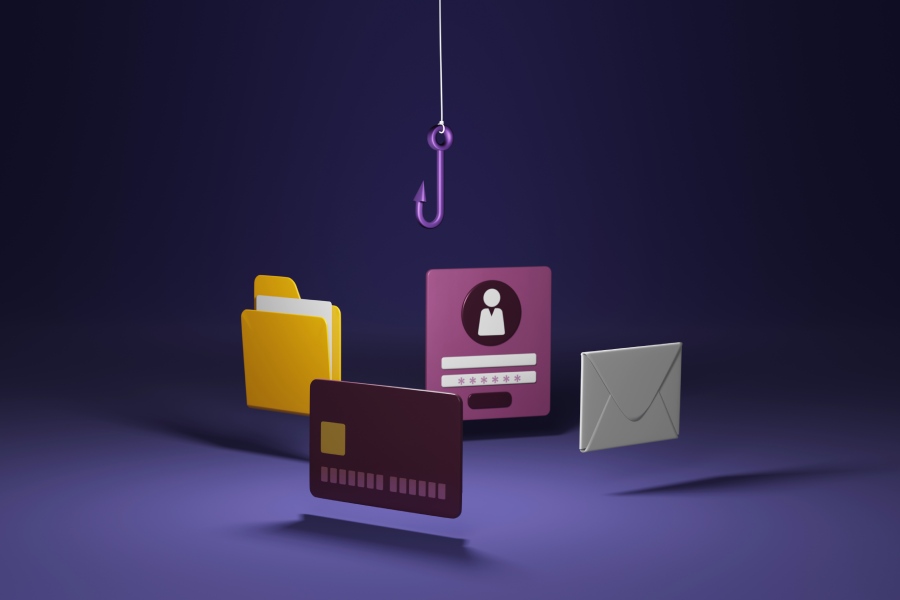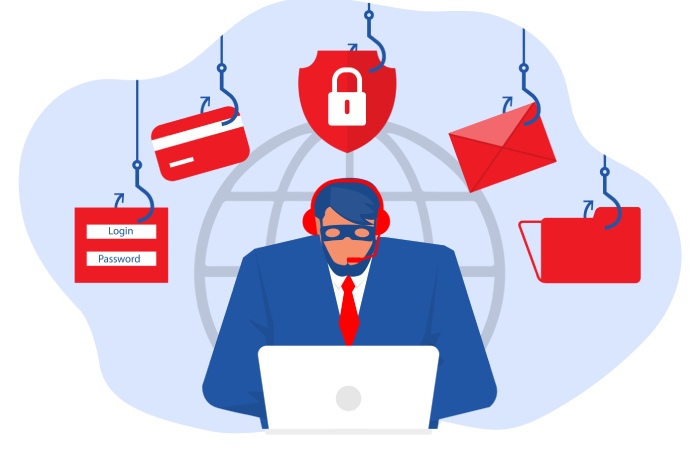One of the fastest-growing security threats today is coronavirus-based phishing scams. Here, scammers use people’s fear of the virus to get them to do something they shouldn’t.
According to an article on TechRepublic, “There has been a steady increase in the number of coronavirus COVID-19-related email attacks since January, according to security firm Barracuda Networks, but researchers have observed a recent spike in this type of attack, up a whopping 667% since the end of February. Skilled attackers are good at leveraging emotions to elicit response to their phishing attempts.”
These types of attacks are “direct” attacks, using the fear of coronavirus to scam the victim. For example, “Many of the scams Barracuda Sentinel detected were looking to sell coronavirus cures or face masks or asking for investments in fake companies that claimed to be developing vaccines.”
That was the first wave. What’s happening now, the second wave, are the “trickle down” phishing scams which use the fallout of the pandemic to launch the attacks.
What does a trickle down phishing scam look like? How about the promise of a stimulus check as a result of the economic slowdown due to coronavirus? From WJRG’s website, “The FBI is also warning about another kind of scam–email phishing scams over coronavirus and economic stimulus checks. The agency says to look out for phishing emails asking you to verify your personal information in order to receive an economic stimulus check from the government.” It’s a scam because the stimulus hasn’t been approved yet.
Here’s another trickledown phishing scam. Were you planning on going to the Tokyo Olympics this year? Maybe you’re hoping to get a refund…so are the scammers. From the ID Theft Center website, “As a result of the COVID-19 pandemic, the Tokyo 2020 Olympics have been postponed until next summer 2021. However, scammers will not postpone their attempts to target consumers through a series of tactics, including ticket refund scams. People should be on the lookout for these schemes under the guise of helping people to switch their plans to suit the new 2021 date.”
If hackers have proved anything, it’s they can take one problem and use it to launch a dozen different phishing attacks. There’s no way anyone can be prepared for all the different variations coming their way. That’s why you need help. Help in the form of technology that doesn’t get scammed by false promises of stimulus checks and refunds. Technology like that available from Phish Protection.
Phish Protection looks beyond the promises to the underlying code. It specifically looks at the links within an email and investigates whether they link to a phishing website. And if they do, Phish Protection keeps those emails from ever reaching your inbox, so it doesn’t matter what the promises are.
When you’re ready to protect yourself and your company from trickledown phishing scams, get Phish Protection. It sets up in 10 minutes, works with all email providers and costs just pennies per month per user. Help stop the spread of coronavirus AND phishing scams based on it.


